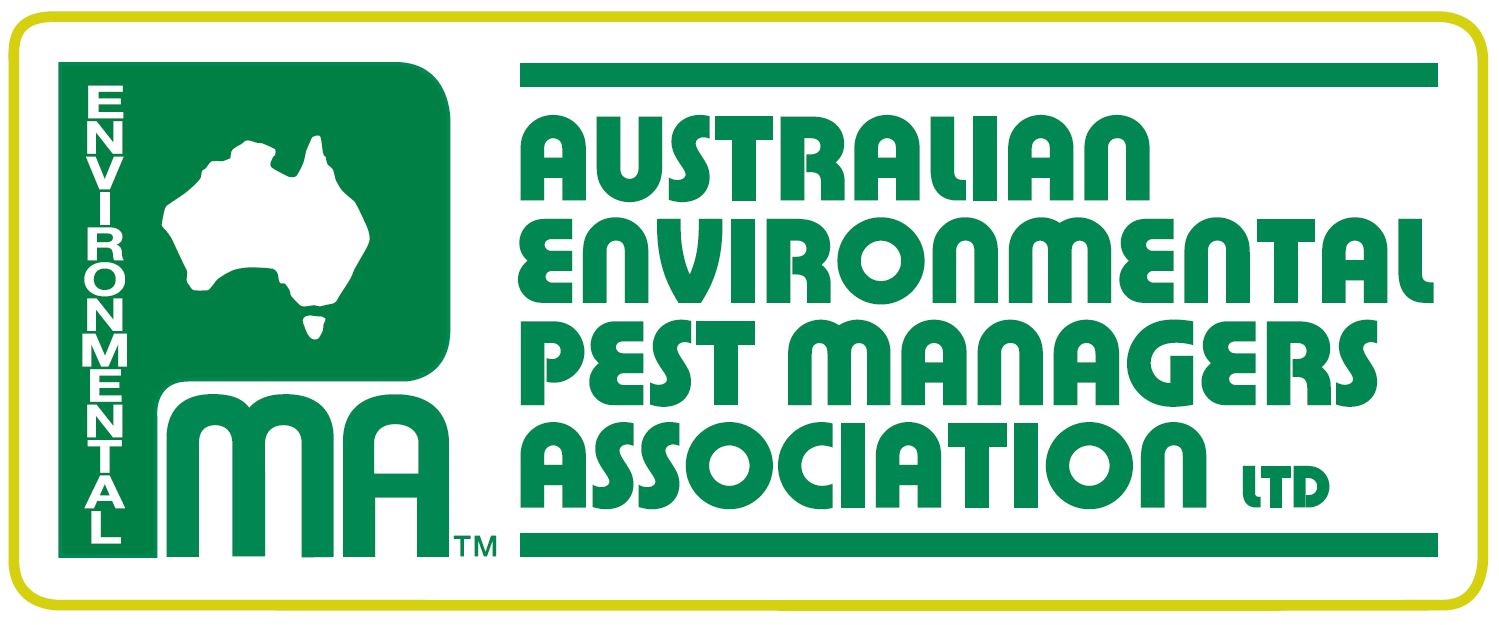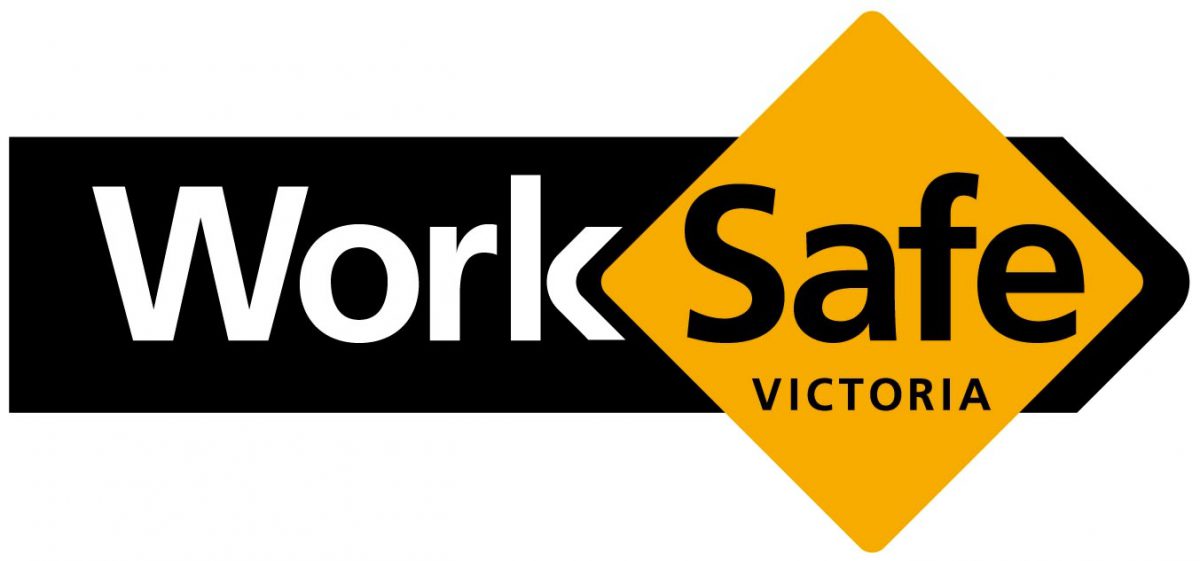In the pest control industry, bees are not classified as a pest (unlike wasps) as some people may think. Yes, people may be nervous if bees are around and some are allergic to bee stings, but the humble honey bee plays a vital role in our existence. The honey bee is the most important pollinator of food crops such as nuts, fibre, fruit and vegetables. It is estimated that one third of the food that we consume each day relies on pollination mainly by bees, but also by other insects, birds and bats. A single bee colony can pollinate 300million flowers each day.
So when a client contacts us, we will first assess the bees and their hive to see if a beekeeper cannot safely remove the hive and relocate it. Beekeepers keep hives healthy and productive, so they can yield honey and related by-products such as beeswax. They may also be responsible for preparing bees for pollinations activities.
A bee hive can contain 60,000 bees and will actively seek out and sting when they perceive the hive to be threatened. If it is not possible to remove the hive, which could be due the location and/or size of the hive and the bees pose a threat then only will we exterminate.
The most common and effective method to control a bee hive is to chemically dust the entrance of the hive. This will kill some of the bees and repel the rest of them away from the hive.
A non-chemical approach to controlling bees is to fit a reverse cone over the entrance of the hive. Bees can leave the hive easily but cannot locate the entrance on their return.

